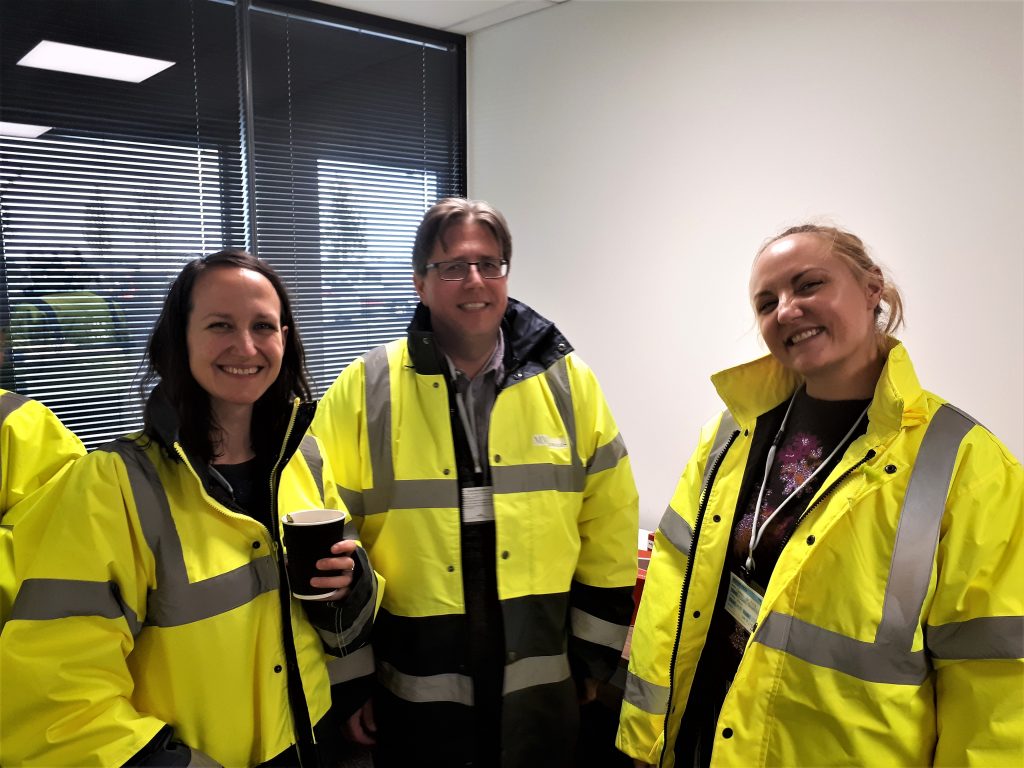Standards, Certifications & Sustainability in the Global Cut-flower Industry
The second multi-stakeholder workshop picked up where the first one left off and took the debate one step further by asking the question what is a sustainable flower and how can it be assured? The event took place at MM-Flowers in Alconbury Weald over two days and brought together 17 participants from across academia, industry, and NGOs. Our discussions interrogated what sustainability means across different businesses and questioned whether the existing model of certification via audits is an effective way to ensure sustainable flowers.

We found that the characteristics of a sustainable flower have an economic, social, and environmental dimension. Importantly, the economic dimension must come first as otherwise there is no business to start with. In order to support economically sound businesses, value needs to be distributed along the supply chain rather than only towards the consumption end. A sustainably produced flower means that there is social responsibility and legal compliance (e.g. proper pay, good working conditions), as well as an environmental responsibility that ensures production, does not harm but actually enhances the natural environment.
Audit-based certification systems cannot necessarily capture the complexity of sustainability challenges across different business models (e.g. large-scale versus small-scale, globally operating versus UK based, etc.). Novel approaches could address these shortcomings, for example, the ‘continuous improvement model’ which focuses on improving individual companies over the long-term rather than comparing different companies across different contexts with each other. Importantly, the workshop clearly showed the value of a multi-stakeholder discussion as it highlighted how to define sustainability and then how to ensure it along different business models, from large fully integrated agribusiness to local artisan growers.
Download the full 2018 workshop report here ▸
View the 2018 workshop gallery here ▸
